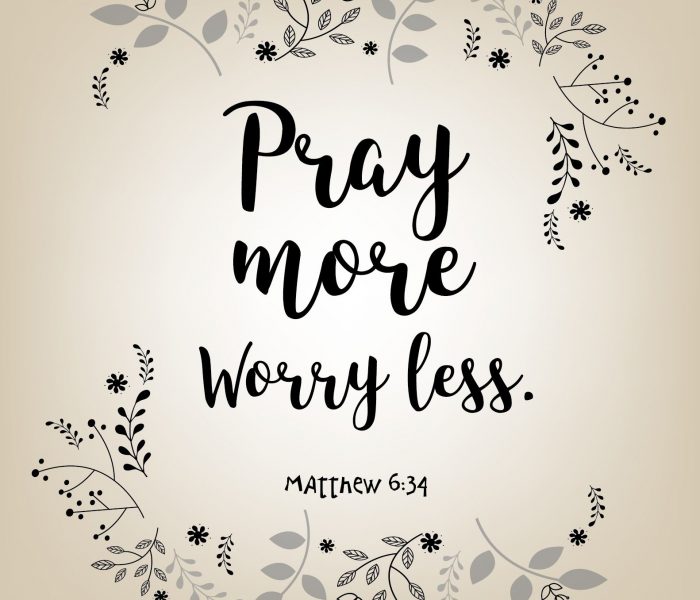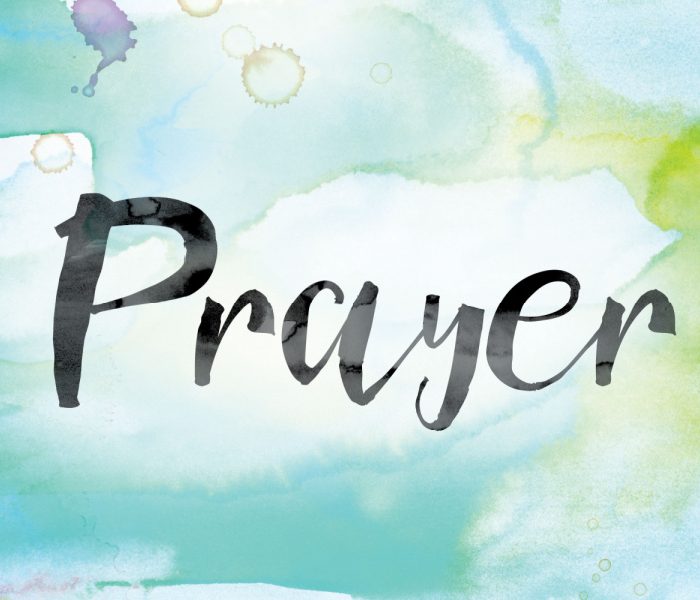Recently my husband and I were discussing an article posted on an internet news site. Pertinent to the discussion, of course, were the identity and credentials of the author and the actual validity of the content. All of us, today more than ever, need to consider the source of the information we take in daily. I am especially concerned that my grandchildren and all those of their generation are presently being influenced by misinformation and persuasive arguments that are not based on the truth. In our world today the truth seems to be an opinion that is formulated and which is entirely relative to one’s personal bias or feelings. An interesting and helpful find was an article by the Texas Education Agency, partially quoted below, which lists the major items of concern when determining the validity and reliability of a resource.
Author’s credentials: Does the author know his or her subject? Does the author have an advanced degree? Is the author regarded as an expert in the field?
Bias: Is the source objective, presenting both sides of the argument, or does it take a firm stance on one side of the issue?
Evidence: Can you tell where the author gets his or her facts? Does the author name specific publications or Web sites where you can find the same facts? (Resource ID: E3RsM3L02)
As I consider the importance of these standards, I think of some worst-case scenarios; for example, seeking medical guidance from a person who has no medical education or experience, or following instructions on how to build a house from a person who has never done it before and has no training. Discussing this topic comes naturally with students writing a research paper but I believe it should be discussed much earlier. There are so many resources that children are exposed to, but television is without doubt the most prevalent. It is a subtle constant source of misinformation and misguided information masked in news, sitcoms, and drama. There is a subtle agenda in every program that is hidden as entertainment.
What we as Christians need to realize first and foremost is that the number one place to validate the reliability of a resource is the Bible. Reliability means that something is trustworthy. It can also mean that something is consistently good in its quality. The truth of the Bible is trustworthy and should be the standard by which we evaluate and validate all information. Priscilla Shirer explains in her book Discerning the Voice of God, “We must change our thinking about the Bible if we consider it a stagnant rule book to be consulted by page and paragraph number. It’s not just an old book with a lot of theology for us to digest. It’s a fact: God is no longer in the business of revealing new doctrine. The canon of Scripture is closed. Yet because the Book is alive, it applies anew and fresh to us in every generation.” Author Joyce Huggett put it this way: ‘Listening to God today is not about ‘newness’ but about ‘nowness.’ God’s Word is living.”
The Scriptures confirm the authorship of the Bible. 2 Timothy 3:16 (ESV), explains, “All Scripture is breathed out by God and profitable for teaching, for reproof, for correction, and for training in righteousness.” And 2 Peter 1:20 (ESV) clarifies where scripture does not come from, “Knowing this first of all, that no prophecy of Scripture comes from someone’s own interpretation.” There should be a clear understanding that all Scripture is breathed out by God; it is His Word to us. What a treasure to have available God’s own words to us speaking to us at any age and stage of life.
As we read, watch TV, listen to the radio, or read internet articles or commentaries, we should remember there must be a standard to compare against, and that standard is God’s Word. As believers we are no longer of the world, we are to be separate discerning God’s truth from the world’s truth. “The Word of God is living and powerful, and sharper than any two-edged sword, piercing even to the division of soul and spirit and of joints and marrow, and is a discerner of the thoughts and intents of the heart” (Hebrews 4:12). The Word of God is what we need to discern the truth, to avoid being deceived or misled. Priscilla Shirer also states, “The Book is alive; it applies anew and fresh to us in every generation. God’s Word is living.” It is the best reference yesterday, today, and tomorrow. God’s Word will lead you and guide you for, as David stated, “Your Word is a lamp to my feet and a light to my path” (Psalm 119: 105).
As you consider the Bible as your guide, think of it as a navigation tool for life. David Jeremiah has further explained in The Light of the Word, “Those of us who are Christians are like modern users of GPS; we can’t remember a day without the guidance of the Bible in our lives. Trying to navigate through life with no direction, no markers, no signs, no moral or spiritual boundaries to ensure we stay on the right path—it seems impossible for those of us who depend on God’s Word. Make the Word your trusted source for guidance and direction by studying it daily and obeying it continually.”
The law of the Lord is perfect, refreshing the soul. The statutes of the Lord are trustworthy, making wise the simple. The precepts of the Lord are right, giving joy to the heart. The commands of the Lord are radiant, giving light to the eyes. The fear of the Lord is pure, enduring forever. The decrees of the Lord are firm, and all of them are righteous. They are more precious than gold, than much pure gold; they are sweeter than honey, than honey from the honeycomb. By them, your servant is warned; in keeping them there is great reward. (Psalm 19:7-110)
Dear Holy Father, I pray that we would not conform any longer to the pattern of the world but be transformed by the renewing of our minds. Then we will be able to test and approve what your will is — your good, pleasing, and perfect will. In Jesus’s Name, Amen.
Romans 12:12





